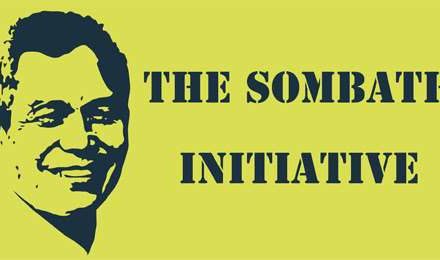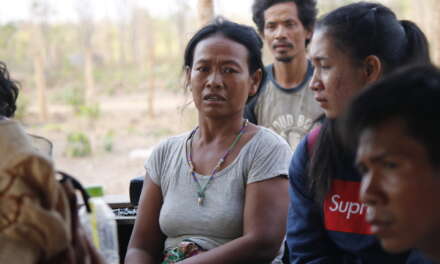By Kultida Samabuddhi
Academics and activists have demanded public consensus and parliamentary consultation before the government enters a free trade agreement with the United States.
The adverse effects of a Thai-US free trade agreement (FTA) would be severe, said Charoen Kampeerapab of Chulalongkorn University’s faculty of law. The government must be open about all aspects of an agreement and ask the people whether the country should sign the pact.
Trade liberalisation would allow US companies to reap benefits from Thailand.
"Under the agreement, Thailand will be forced to revoke laws and regulations that hinder US investment or disrupt Washington’s market access,” he said. "We have to amend our laws to facilitate American investors. This means the US will be allowed to intervene in Thai legislative affairs.”
The FTA agreement would not just open up market access or ease trade barriers for Thai goods. It amounted to a violation of national sovereignty, the legal system and farmers’ rights, he said.
Mr Charoen is a member of the newly established FTA Watch group, which comprises eight organisations including the National Human Rights Commission’s natural resources conservation project, Biothai, Focus on the Global South and the Alternative Agricultural network.
Jaques-chai Chomthongdee, of Focus on the Global South, said Washington’s free trade partners were required to implement a zero-tariff policy for US products.
The US also demanded its partner adopt a concept of national treatment, which requires the host country to help foreign investors on a par with local investors. This would hurt Thai small and medium enterprises, he said.
The group’s analysis was based on the Singapore-US Free Trade Agreement, which the Bush administration earlier announced would be a model for agreements with other Asian countries, said Mr Jaques-chai.
Witoon Lianchamroon, director of Biothai, a biological and genetic resources protection group, said following the terms of the Singapore-US FTA would do more harm than good to Thailand.
His prime concern was about the FTA’s framework on patents for living organisms, which would allow the US biotechnology companies to dominate native plant species, including medicinal plants and cash crop species.
FTA Watch did not aim to ruin the government’s trade negotiation process, but demanded the government deal with the US more circumspectly, he said. The group would also review the FTA talks with other nations and would disseminate its findings through .









